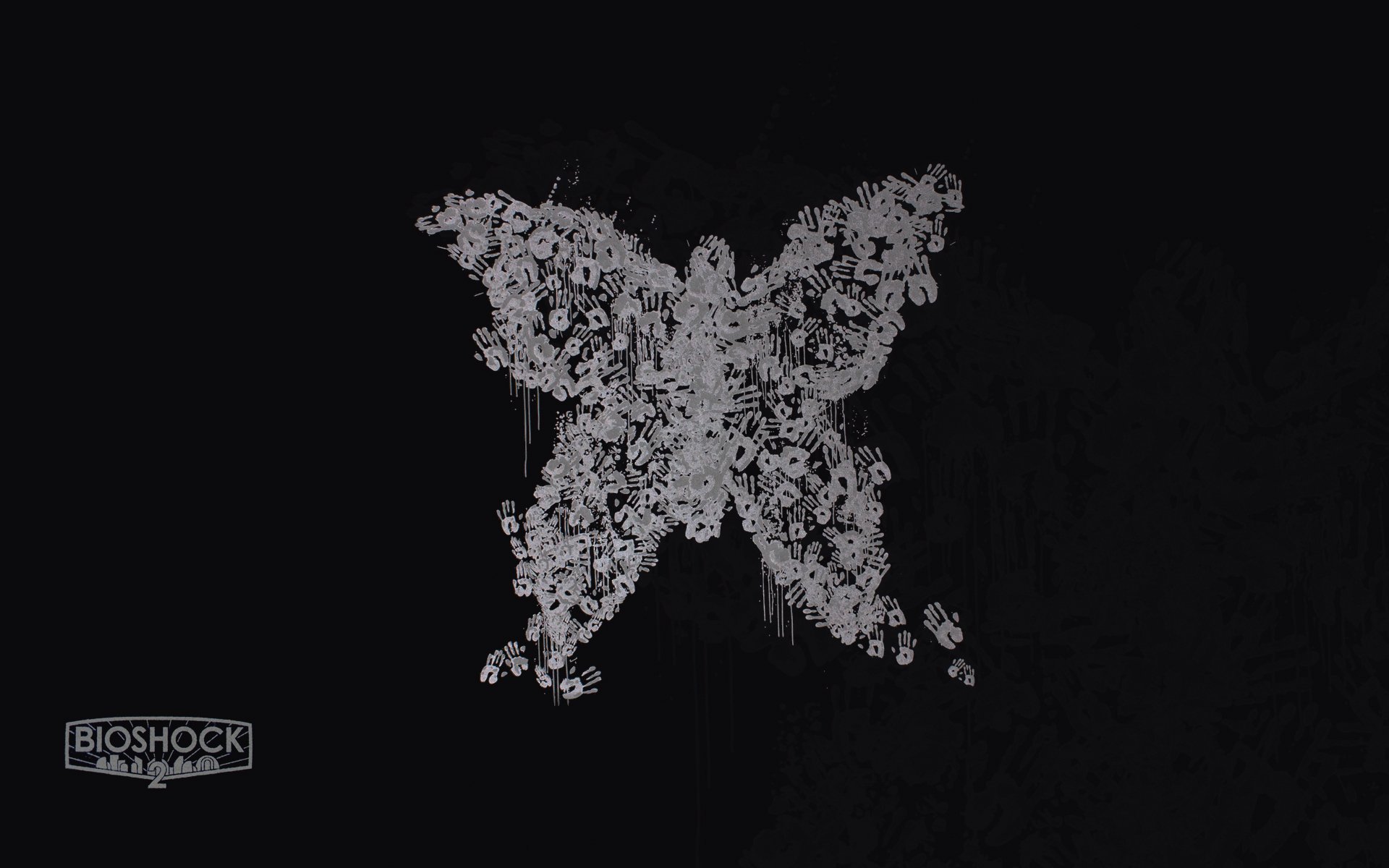With so many books being published every day, how do you find a book you want to read?
I usually go through recommendations on Goodreads, and I keep track of what books my favourite authors are publishing.
I look at ebook sales and then I click the prettiest covers because there’s so many books that I just accept that I don’t have the time to click through every description of every book.
However, now that I have a Bookwyrm account it appears that I can also go there for recommendations. Nice.
I might have the opposite problem lol. Too much I want to read and too little time. I always wanna read them all.
To narrow it down, I search in my library/libby app and then pick the one currently available.
I’ll second the Libby app but more directly…
I look at the new books available then filter by the genre I’d like to read. Many duds but I’ve also run across many duds being recommended online (like reddit). Feels a bit like eating out pre-internet where you’d try a restaurant and hope for the best.
I find I get the best new book ideas from people rather than lists or goodreads or more generic recommendations. Things like talking about books (online or in person), reading book discussions, following authors I like on social media (for updates on new books and also because often if I like an authors books I’ll like the books/authors they talk about) and following reviewers whose taste that meshes with mine (there are tons of people reviewing books online for any niche you can think of, for example I’ve been following this blog that reviews 50s-80s SFF for a decade+ and gotten so many reads from him).
Sometimes a friend shelves a book on GoodReads or Bookwyrm (the fediverse book tool/communities) which catches my eye. There’s a SF/F bookclub podcast I listen to, and I learn about new authors and books that way (The Sword and Laser http://swordandlaser.com/). Then, I also get leads from talking about books with friends or co-workers. And, listening to other podcasts and talk radio programs, I get leads on books with different topics. For example, the NPR show Science Friday reviews books and interviews authors from time to time (and they also have a book club: https://www.sciencefriday.com/scifri-book-club/ ). The BBC Radio show The Food Programme does the same, and also does seasonal episodes on new cookboods/food books that are coming out ( https://www.bbc.co.uk/programmes/b006qnx3 ).
I read almost exclusively LitRPGs and progression fantasy (PF). They’re subgenres of fantasy.
PF is focused on the protagonist gaining power, often through a magical system like cultivation, where they absorb energy from the universe into their magical core to gain supernatural powers (although there’s a lot of variety in PF; cultivation is its own subgenre of PF).
LitRPGs are PF but where the system is like a videogame, with stats, level ups, dungeons, loot, quests, or achievements, etc. Sometimes literally in a videogame, but more often in a fantasy world that works like a videogame.
I used to get most of my recommendations from /r/LitRPG, so not really sure what I’ll do now. I’ve joined their Discord, so maybe there?
The rest of my reading is non-fiction that I mostly find with specific topic searches on Google, through work/coworkers, or from podcasts/talk radio.
I almost never browse storefronts. LitRPG is way too niche to ask a librarian about, either, ha ha!
This is apt timing because I was just looking for a new book lol. Goodreads recommendations and lists, local librarian recommendations (on our library website), www.whatshouldireadnext.com, and I used to use a subreddit for a niche category of books, but I’m trying not to use reddit anymore.
I read the New York Review of Books. It leans to nonfiction and “serious” fiction but it’s full of great recommendations and solid stand-alone articles.
Mostly by seeing what other people recommend on the two big book suggestion subreddits, so far. But truth to tell, most newer books are pretty badly written, as far as I can see. Publishing an editing standards have really gone down the toilet.
But I’m lucky, because I can reread old books that I enjoyed and get as much pleasure or more out of them than I did the first time. For example, I went on a P. G. Wodehouse binge in high school long ago. Recently I reread his Leave It to Psmith. It was a pure delight! Witty and incredibly funny, it had me laughing out loud again and again. With great books like that available, I don’t need to chase after semi-literate modern-day authors much!
I noticed major book publishers really lowered their publishing quality during the pandemic. It’s unfortunate.
I usually use storygraph, bookriot or a review aggregator called bookmarks.reviews thats hosted by lithub. Or just generally peruse what’s at my local library.
I will literally judge a book by its cover. I’ll check the genre and synopsis of whatever catches my eye. Friends (or other people whose reading tastes I trust) are my only source of book recommendations.
I stopped subscribing a few months ago to catch up on my reading backlog, but Book of the Month Club was really good at getting me to read books I wouldn’t normally pick up. You can subscribe if you want, but you can also see their picks of the month just by going to their website.
Recommendations from friends and people on Mastodon, books from authors I already know or recommended by them, and in my case, for SF/Fantasy stuff, mostly, there’s the Big Idea posts on Scalzi’s blog. The authors post an article about their books, and that’s usually enough to tell me if I’m likely to enjoy it.
npr book concierge, the booker prize longlist, my wife, and browsing the library/bookstores.
For nonfiction, a good source is checking the bibliography or works cited section of the book.
In 2022, my recommendations came mostly from:
- Blogs that are not dedicated to books – I’ve left most blogs & podcasts that only talk about books because they tend to make my
- My local library & my local bookshop are both absolutely amazing and have wonderful suggestions for books I would never have found in any other way.
- When I see a clearly leftist or anarchist-leaning library, I enter and, uh… support them financially.
- Friends, of course!









